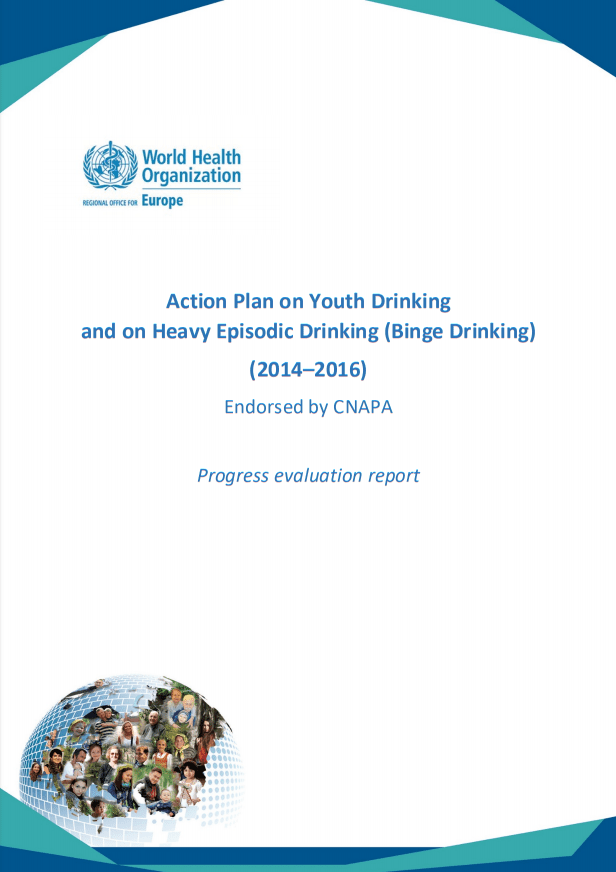WHO Europe: Better Monitoring, Support Needed to Speed Up Decline in Youth Alcohol Use
A new report by WHO Europe calls for better monitoring and support for implementing evidence-based policies to accelerate progress on reducing youth and binge alcohol use in the WHO European Region.
Countries have increased regulations and established policies to discourage binge and underage alcohol consumption along the lines of the Action Plan. For example, several countries reported alcohol tax increases during the study period, and some implemented an increase in the legal age for purchasing liquor.
This suggests that the Action Plan’s clear framework for action at the European Union (EU) level, which can be reinforced by other valid strategies and action plans, has been beneficial.
However, the policy gains were very modest. For example, the number of countries using health information labels on containers only increased from 2 to 3. This suggests the need for a stronger action plan. Priority areas of improvement include evidence-based policy actions and implementation support.
Improving the action plan
- The popular awareness-raising activities must complement stronger evidence-based actions, as they are costly and, in isolation, do not sustainably reduce youth or binge alcohol use.
- The action plan must account for common barriers such as limited or reduced financial resources, lobbying and opposition from economic operators, and cultural resistance.
The Action Plan on Youth Drinking and on Heavy Episodic Drinking (Binge Drinking) (2014–2016) was endorsed in September 2014 by EU Member States, represented by the Committee on National Alcohol Policy and Action (CNAPA) to compliment EU policy. In March 2017, CNAPA extended the Action Plan until 2020. This report assesses the first phase (2014–2016) and highlights areas of improvement for the upcoming year and the possible follow-up action plan.

